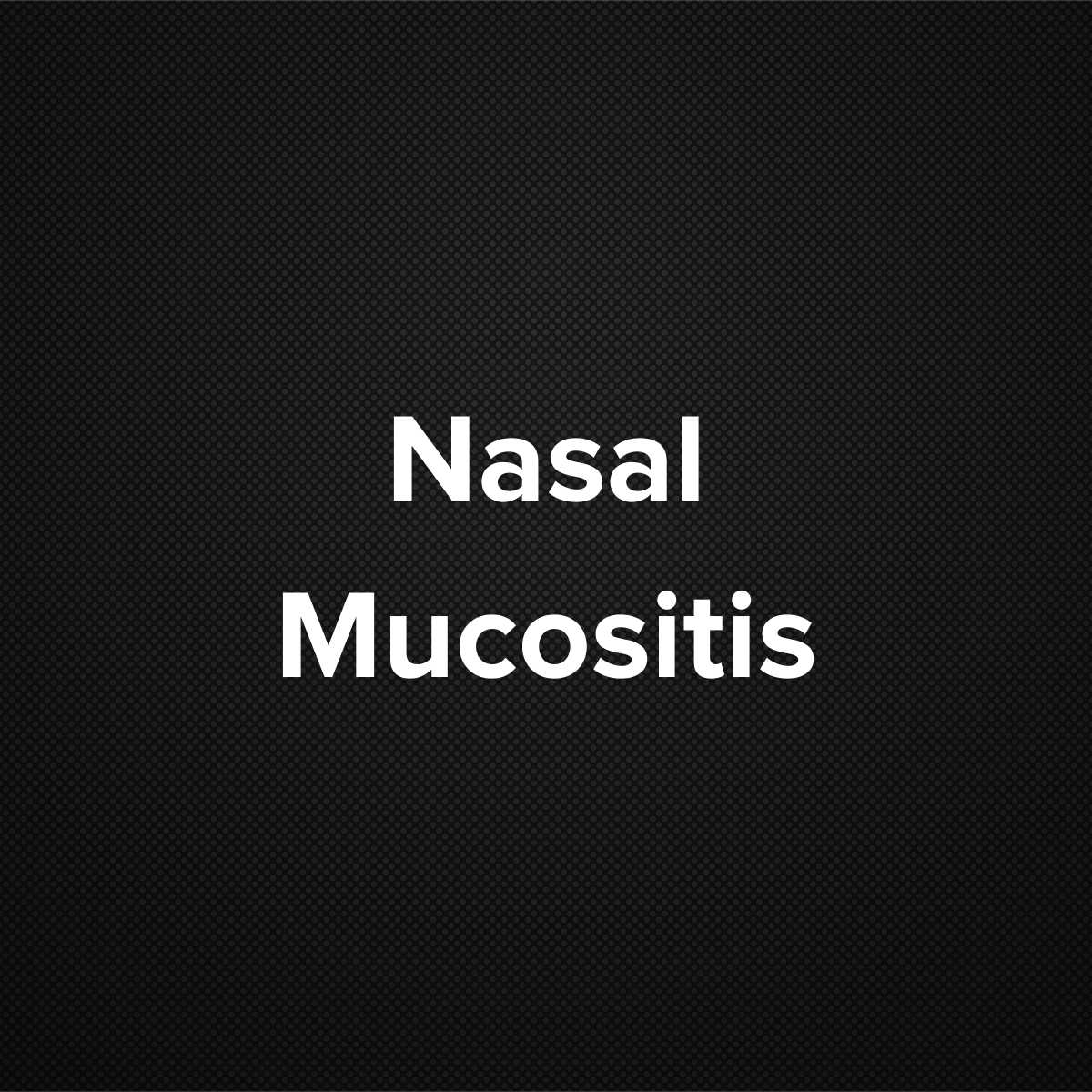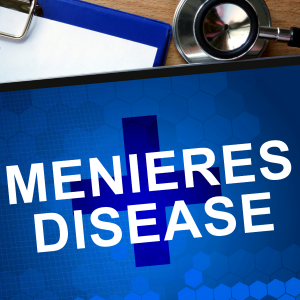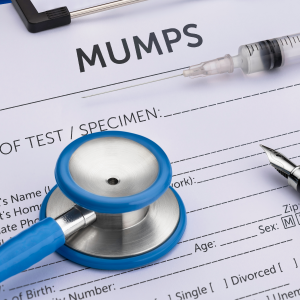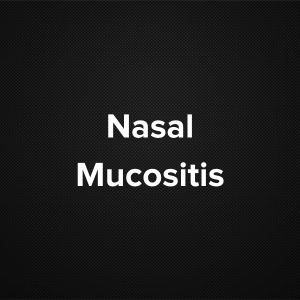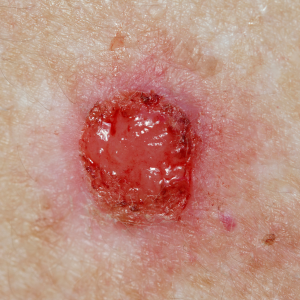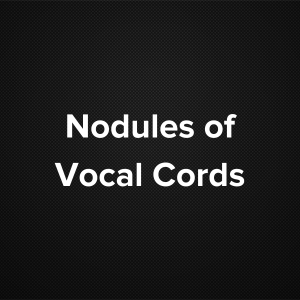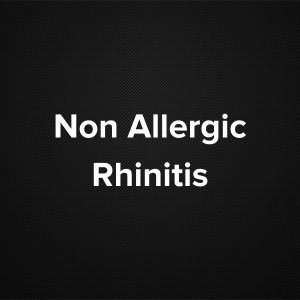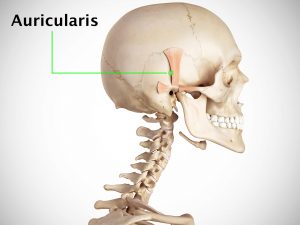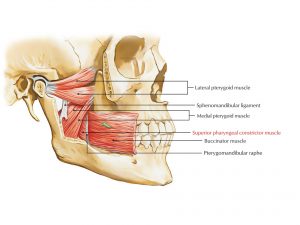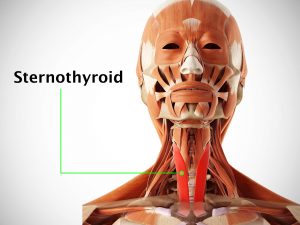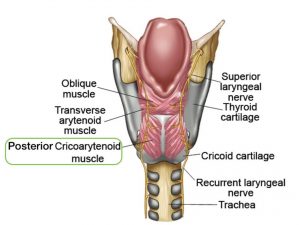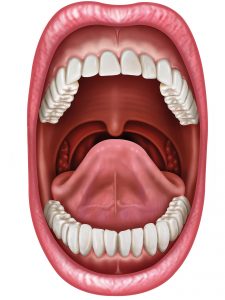Causes and risk factors
Mucositis is caused as a result of side effects of radiation and chemotherapy. It is more commonly seen in hematological cancers. Chemotherapy causes lowering of white blood cells, while radiation energy can lead to inflammation and necrosis of the mucous membrane. Low immunity in people suffering from certain diseases like HIV and underweight and malnourished people are at high risk for developing mucositis. Viral and fungal infection favors this condition. Treatment (radiation and chemotherapy) for cancers, especially of the head, neck, and upper trunk of the body increases the chances of developing mucositis.
Clinical presentation:
The complaints are seen 7-14 days after the exposure to radiation or chemotherapy. The symptoms can vary from mild ones, which can be easily managed, to the serious complaints, which are often rare. The patient complains of soreness and raw sensation in the nose. The nasal mucosa is red and inflamed. Slight burning pain is felt by the patient Bleeding might occur. Some may complain of development of ulcers. There occurs alteration in the olfactory function.
Investigations:
The symptoms narrated by the patient along with details of chemo and radiation therapy are noted down. Examination of the nasal mucosa is carried out by the ENT doctor which is usually sufficient for diagnosis.
Treatment:
Usually the complaints start 4-14 days before the radiation and chemotherapy and last for 3-6 weeks after that. In a few cases the symptoms may last for long. There is no single treatment for mucositis. Medications for symptomatic relief are administered. It comprises of administration of pain relieving medications. In case of infection, antibiotics are administered.
Complications:
Secondary infection of the ulcers due to bacteria, fungi, or viruses can occur.
When to contact a doctor:
Seek an advice from an ENT doctor if one notices any discomfort, rawness, or bleeding from the nose post chemotherapy or radiation therapy.
System Involved: Respiratory system.
Organ involved: nose, head, neck, mucosa, nerves.
